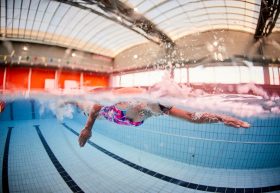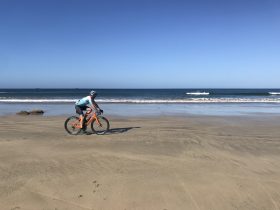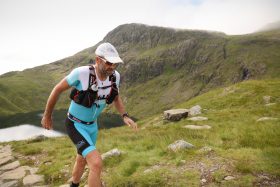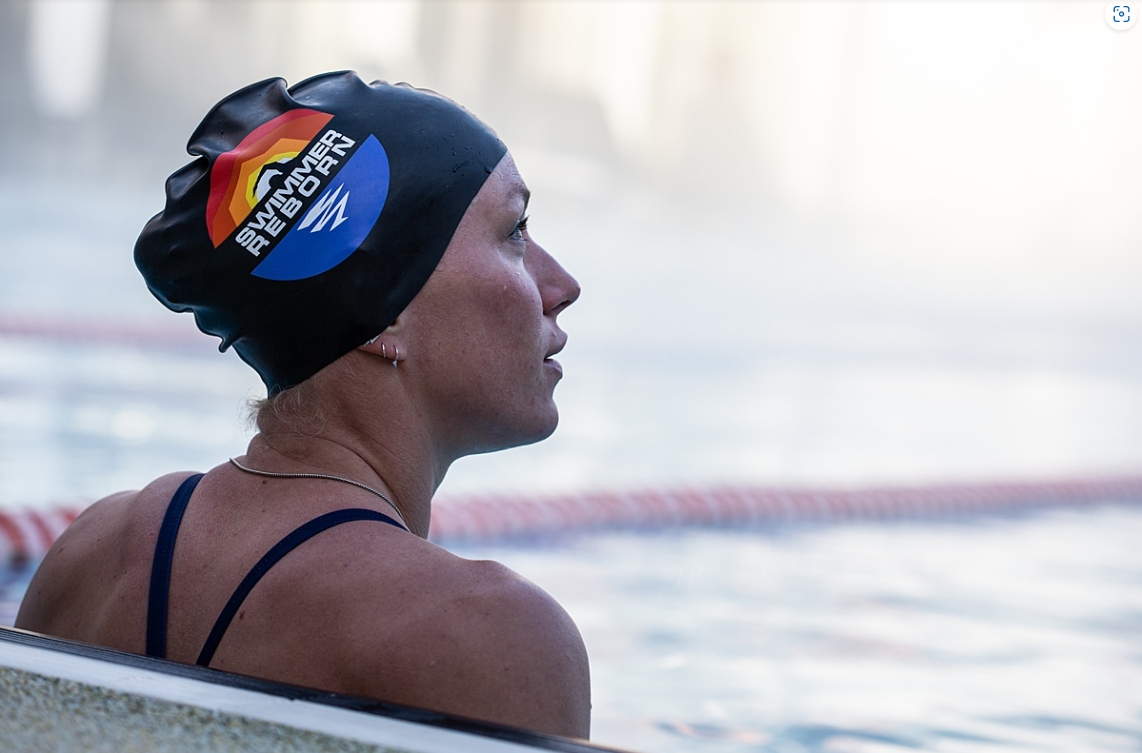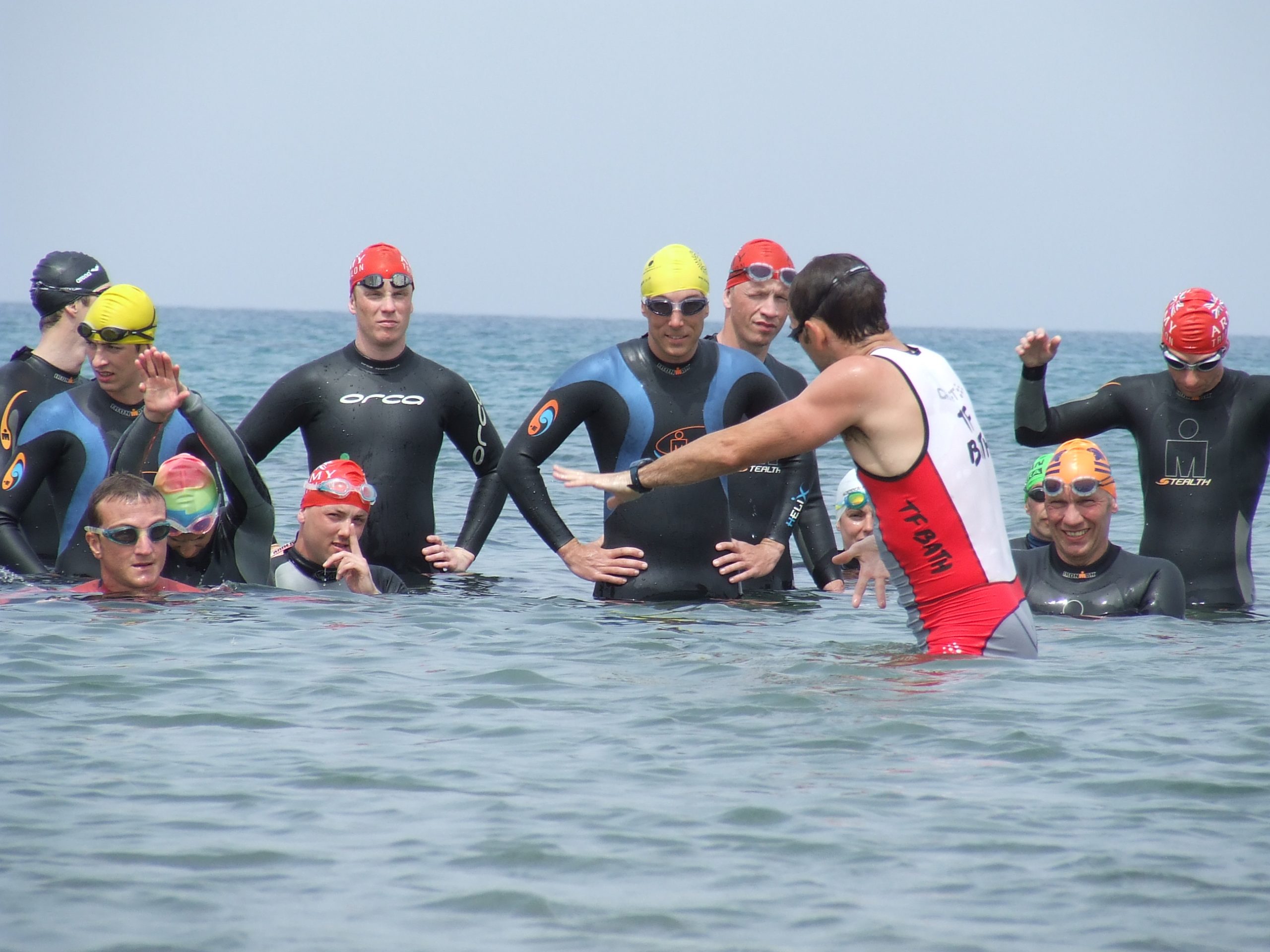If you are new to running and confused by all the conflicting opinions on social media about how to get started, then this article is for you. With 40 years of experience as a runner and run coach, Christian Orr has distilled all the noise into 5 of the most effective tips.


